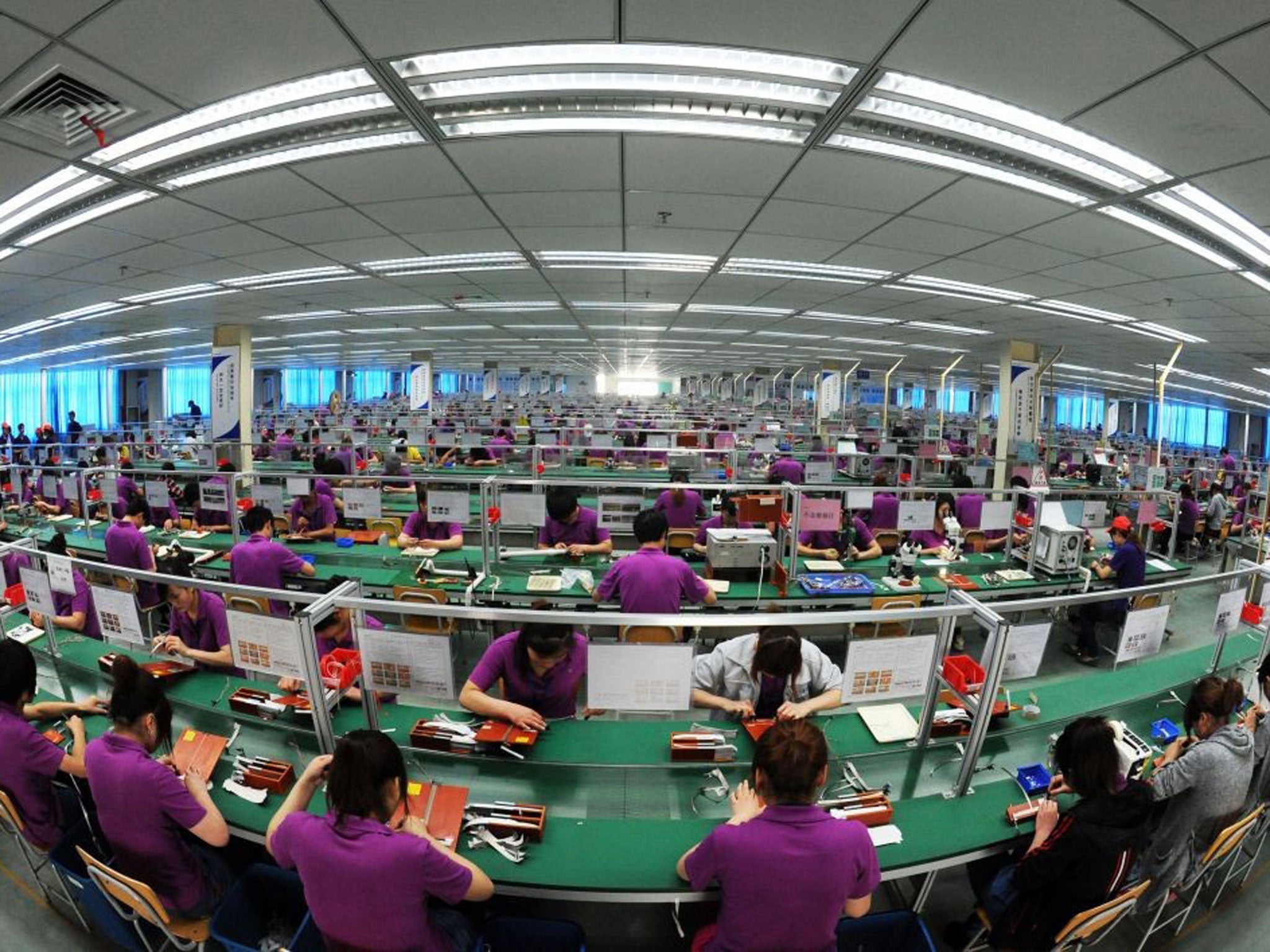The thing we have to fear on the economy? Too much optimism
The worst is over, and predicted catastrophes in the US and EU have not come to pass. But there are still plenty of potential bumps in the road


What should we look for in the world economy next year? A better year in all probability – an even better year for the UK for we have done well in 2013 – but one where risks are mounting and obvious bumps lie ahead.
To take stock for a moment, 2013 has been the year when economic confidence returned to the developed world. The obvious positive indicator of this is the US equity market, with the Standard & Poor 500 index last week at an all-time high, up 29 per cent on the year. The obvious negative indicator is the gold price, down from a whisker off $1,700 (£1,040) in January to below $1,200 on Friday. That is the lowest since April 2010, and the first annual fall since 2000. Analysts talk in terms of a return in the appetite for risk; I see it more as a retreat from excessive fear. Gold is, after all, the ultimate funk investment. We are, so to speak, back to normal.
So I suggest we should think of 2014 as a normal year: the first normal year since the recession of 2009. So it will be a year when most economies grow, some faster than others, but where there will be negative surprises that will undermine that progress. You have to remember that the normal situation is for economies to grow and for living standards to rise. Abnormal is a bubble-style boom on the one hand or deep recession on the other, and we are not going to have either for a while yet.
As far as we are concerned it will be a year of decent growth, probably a bit under 3 per cent. Big revisions out last Friday suggest that growth in 2013 will be close to 2 per cent and the onshore economy (that is not counting North Sea oil and gas) will be back to its previous peak by the spring, the whole economy by the end of the year. Unemployment could already be below 7 per cent on the three-month average calculation, for it was 6.98 per cent for the single month of October. I expect the Governor of the Bank of England to try to hold off the first rise in interest rates for as long as he decently can, but my forward guidance is to expect that to happen by November at the latest.
It is fairly easy to see similar solid progress in the United States. The interesting thing here is the way in which it has managed to surmount all the anguish over fiscal tightening, all that stuff about the fiscal cliff. Yes, growth was slower, a bit below 2 per cent, but employment continued to rise and unemployment to fall. Policy will be tightened a little further in the coming year but not by nearly as much as in the current one. The bigger issue will be coping with monetary tightening. The Federal Reserve's guidance is that any move on rates is some way off, and we now have details for the taper, which have been well-received by the markets. But I suspect the dangers of moving too slowly will become more evident and the Fed will be forced to step up the pace.
In Europe there is the opposite risk. Because there are signs of light – the eurozone is technically out of recession at last – it is hard to appreciate how dark the situation still is. Germany is growing but very slowly; France faces the possibility of a triple dip; Italy, well, I think it is now the most fragile of the larger EU economies. My view is that the strains of the eurozone are manageable for another four or five years, with some debt forgiveness, a sort-of banking union (but one without enough firepower to bail out a big bank failure), and a favourable global economic cycle. But Europe will not be a successful economic zone for the next decade, and as a result its internal strains will grow rather than recede. Will that prospect derail the global economy in 2014? No, but it will be a source of potential disruption.
Other disruptions? The emerging world has been such a huge source of extra demand over the past five years, adding much more than the developed world put together, that any easing of growth there will cut global growth. It is a paradox, however, that somewhat slower growth in the emerging world might benefit most of the developed world by reducing pressure on commodity and energy prices. It would not benefit the raw material and energy exporters such as Australia and Canada, and it would not help countries such as Germany that have been particularly successful at building their manufactured exports to China. But while China growing at 7 per cent would be the slowest for 25 years, it is still jolly fast.
Ideally then, 2014 should see the best balanced global growth since the boom began to get out of hand around 2005. The potential bumps include a bad reaction to monetary tightening (or a delay in such tightening) in the US, political disruption in Europe (maybe after the elections?) and some one-off event (in the Middle East?) that saps confidence more generally. My biggest concern? Simply that people are becoming too optimistic: they are expecting too much to turn out towards the favourable end of the spectrum, as US share valuations show. There are still a lot of adjustments to be made. Normal is not wonderful. It is just normal, a mixture of plusses and minuses, with, we hope, the former outweighing the latter.
Join our commenting forum
Join thought-provoking conversations, follow other Independent readers and see their replies
Comments
Bookmark popover
Removed from bookmarks